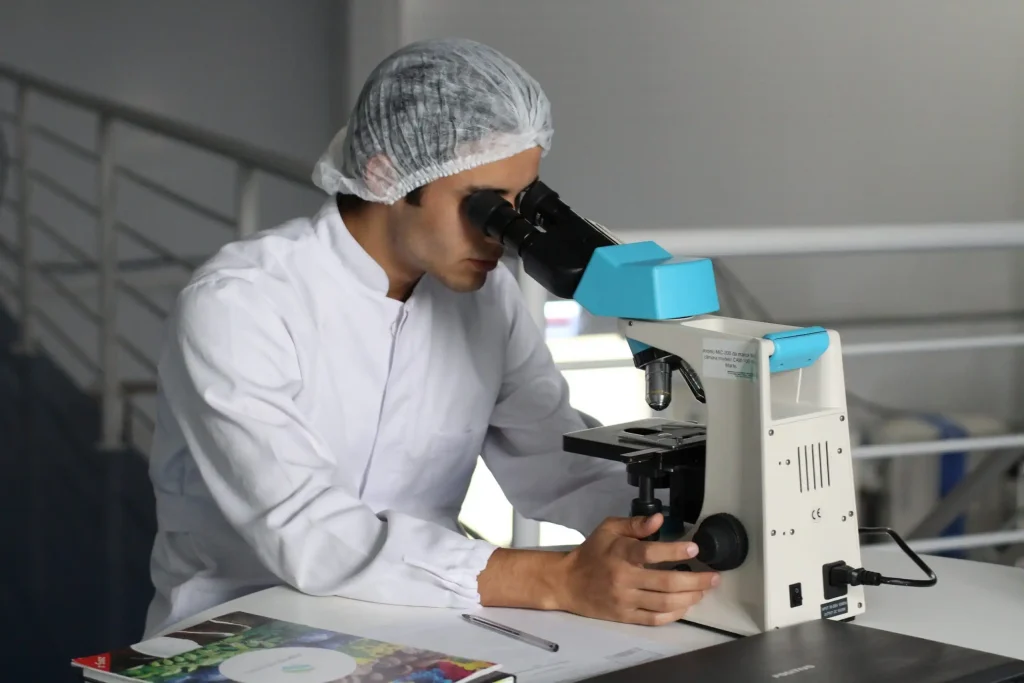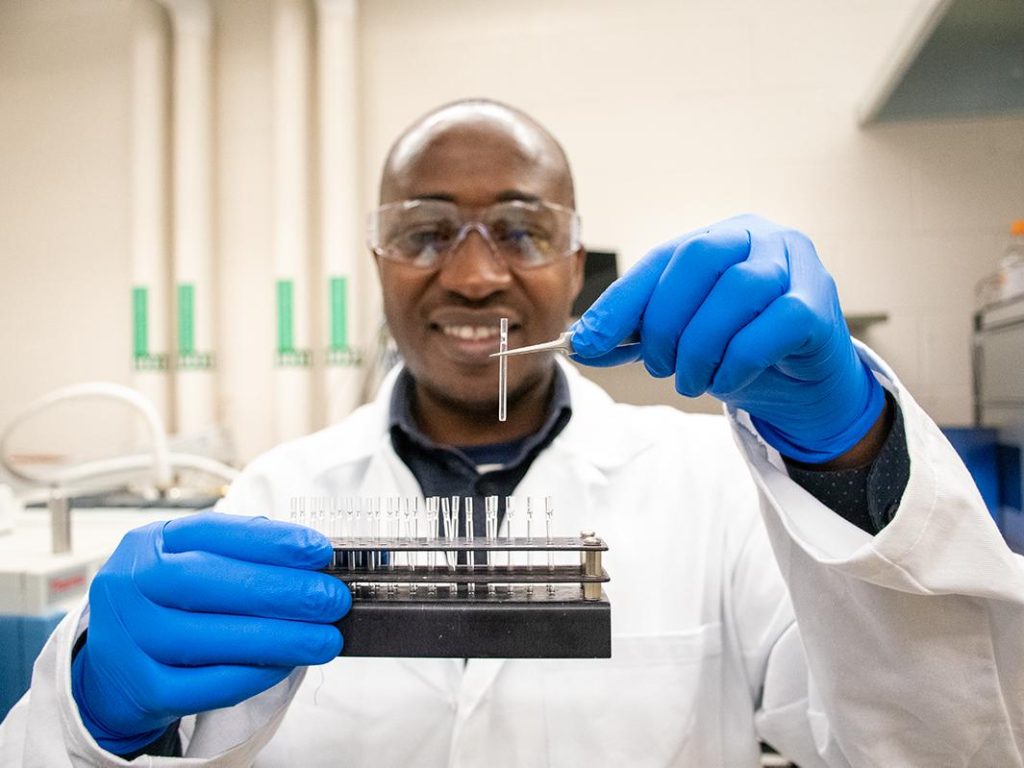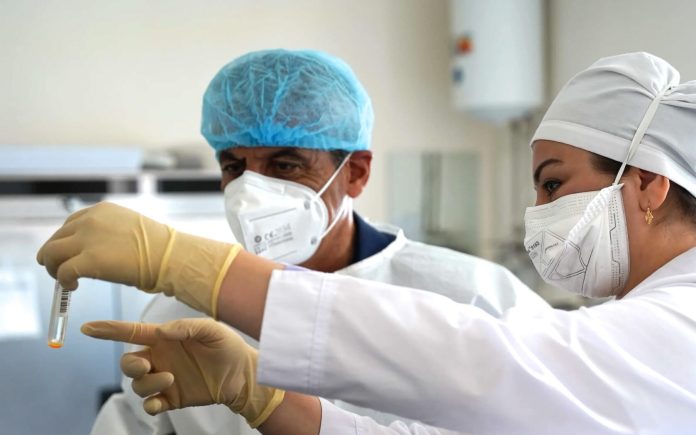Health news is moving at a rapid pace, with scientific advancements, public health updates, and policy changes shaping the way societies address medical challenges. Over the past year, we have seen groundbreaking medical research, innovative treatments, and evolving strategies to combat global health threats.
This article highlights the most significant recent developments in health, from medical breakthroughs to pressing public health issues, and examines what they mean for individuals and communities worldwide.
1. Advances in Cancer Treatment: A New Era of Targeted Therapies
In the last 12 months, oncology research has made substantial progress in targeted cancer treatments. Instead of relying solely on chemotherapy—which affects both healthy and cancerous cells—new therapies are focusing on precision medicine that targets cancer cells specifically.
Key Developments:
-
Immunotherapy Improvements: New drugs are helping the immune system recognize and attack tumor cells more effectively.
-
Liquid Biopsies: Non-invasive blood tests can detect cancer biomarkers, enabling earlier diagnosis and treatment.
-
Personalized Drug Combinations: AI is being used to design treatment combinations tailored to each patient’s genetic profile.
Experts believe these advances could improve survival rates and quality of life for millions of cancer patients.
2. Global Vaccination Efforts: From COVID-19 to Emerging Diseases
While COVID-19 vaccination campaigns have stabilized in many regions, public health agencies are now focusing on maintaining immunity and addressing other vaccine-preventable diseases.
Recent Updates:
-
COVID-19 Boosters: Updated vaccines targeting newer variants are now available in several countries.
-
Measles Resurgence: The WHO has reported rising measles cases in areas where vaccination rates dropped during the pandemic.
-
Malaria Vaccine Rollouts: The RTS,S malaria vaccine has expanded to more African countries, marking a historic step in the fight against a disease that kills hundreds of thousands annually.
Global health leaders stress the importance of maintaining high vaccination rates to prevent outbreaks.
3. Mental Health: Post-Pandemic Challenges and Solutions
The pandemic left a lasting impact on mental health, with anxiety, depression, and burnout affecting people across all demographics. Governments and healthcare systems are now treating mental health as a top priority.

Current Initiatives:
-
Digital Therapy Platforms: Online counseling services and mental health apps have expanded access to care.
-
Workplace Mental Health Programs: Companies are investing in employee wellness to combat stress and improve productivity.
-
Community-Based Support: Grassroots organizations are offering free group therapy and peer counseling.
Experts warn that mental health challenges are likely to remain a global issue, requiring long-term investment in accessible care.
4. Breakthroughs in Alzheimer’s Research
For decades, Alzheimer’s disease has had limited treatment options, but recent clinical trials have shown promise.
Key Findings:
-
Disease-Modifying Drugs: New medications are slowing the progression of cognitive decline in early-stage Alzheimer’s patients.
-
Blood Tests for Early Detection: Researchers are developing simple blood tests to detect Alzheimer’s biomarkers years before symptoms appear.
-
Lifestyle-Based Prevention: Studies continue to show that diet, exercise, and cognitive stimulation can reduce the risk of developing dementia.
If these innovations prove widely effective, they could transform the way Alzheimer’s is diagnosed and managed.
5. Climate Change and Health: The Emerging Crisis
The connection between climate change and public health is gaining attention. Rising temperatures, extreme weather events, and air pollution are contributing to a surge in climate-related illnesses.
Impacts on Health:
-
Heat-Related Illnesses: Record-breaking heatwaves have increased cases of heatstroke and dehydration.
-
Vector-Borne Diseases: Warmer climates are expanding the habitats of disease-carrying mosquitoes and ticks.
-
Respiratory Issues: Poor air quality from wildfires and pollution is worsening asthma and other lung conditions.
Public health experts are urging governments to integrate climate resilience into healthcare systems.
6. The Ongoing Battle Against Antibiotic Resistance
Antibiotic resistance continues to be one of the most urgent global health threats. The overuse and misuse of antibiotics in both medicine and agriculture are making infections harder to treat.
Recent Efforts to Combat Resistance:
-
Global Awareness Campaigns: Encouraging responsible antibiotic use among healthcare providers and the public.
-
New Antibiotic Research: Scientists are exploring novel drug classes and bacteriophage therapies.
-
Stewardship Programs: Hospitals are adopting stricter protocols for prescribing antibiotics.
The WHO warns that without action, antibiotic-resistant infections could kill millions annually by 2050.
7. Wearable Health Tech: From Fitness Tracking to Disease Prevention
Wearable technology has moved beyond step counting—modern devices can monitor heart rhythms, blood oxygen levels, sleep quality, and even detect early signs of illness.
Latest Innovations:
-
Continuous Glucose Monitors: Helping diabetics manage their condition in real-time.
-
Smartwatches with ECG Features: Detecting irregular heartbeats and alerting users to seek medical care.
-
AI-Driven Analytics: Turning wearable data into personalized health recommendations.
As these devices become more sophisticated, they could play a major role in preventive healthcare.
8. Nutrition Science Updates: Rethinking the Modern Diet
New research continues to challenge old assumptions about what constitutes a healthy diet.
Recent Findings:
-
Plant-Based Diet Benefits: Studies show reduced risk of heart disease and improved gut health.
-
Ultra-Processed Foods Risks: High consumption has been linked to higher rates of obesity, cancer, and depression.
-
Personalized Nutrition: DNA and microbiome testing are helping tailor diets to individual needs.
Nutrition experts are calling for clearer food labeling and stronger public education on healthy eating.
9. Equity in Global Health Access
Access to quality healthcare remains unequal across the globe. While high-income countries see rapid adoption of new medical technologies, many low-income regions still struggle with basic healthcare infrastructure.

Current Actions to Improve Access:
-
Telemedicine Expansion: Bridging the gap in rural and underserved areas.
-
International Aid Programs: Funding vaccines, sanitation, and maternal health initiatives.
-
Local Manufacturing: Encouraging production of essential medicines in developing countries.
Global health organizations emphasize that equitable access is essential for achieving sustainable improvements in public health.
Conclusion
The past year has brought both inspiring breakthroughs and persistent challenges in global health. From cutting-edge treatments for cancer and Alzheimer’s to urgent battles against antibiotic resistance and climate-related illnesses, the health landscape is evolving rapidly.
While technology, research, and policy are making significant strides, success will depend on ensuring that these advancements are accessible to all. The intersection of science, policy, and public awareness will determine whether the next decade delivers healthier, longer lives for people across the globe.
The key message from recent health news is clear: progress is possible, but only if innovation is paired with equity, education, and a commitment to addressing the root causes of global health issues.









